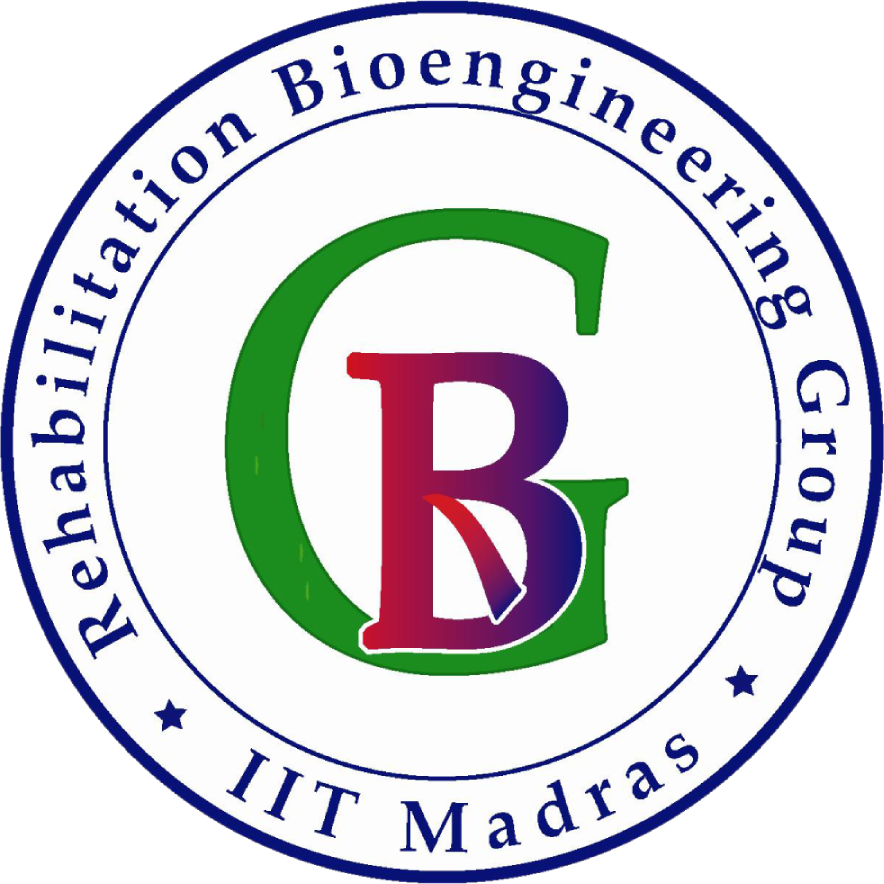According to World Bank research, in 2022, India accounts for almost 10% of all crash-related deaths despite having only 1% of the world’s automobiles. Improvements have to be made in vehicle and road engineering to reduce traffic
violations and prevent road accidents proactively. For example, Road departures are one of the major causes of single-vehicle and frontal crashes. Regular accidents commonly occur due to unintentional lane departure or when the driver drifts near and across the line, identifying the edge of the lane. Frequently, the driver will be unaware that the car is in a potentially dangerous situation until the situation becomes critical; the tires of the car may be on the grass or gravel at the side of the road, or, in extreme cases, the car may find itself in the path of an oncoming or passing traffic. The late realisation by the driver may affect a panic response; the driver loses control of the car, resulting in a crash.
Need for ADAS
To reduce traffic accidents and reduce the load of driving, the vehicle industry has developed Advanced Driver Assistance System (ADAS). Vehicle-based intelligent safety systems, which could improve road safety in collision avoidance, distracted driving, overspeeding, lessening crash severity, drunken driving, and automatic post-crash notification of collision, come under ADAS. For example, intelligent speed adaptation and advanced braking systems can prevent a crash or mitigate the severity of a collision. In India, adopting such technology requires studying road user behaviour (driver and pedestrians) and vehicle control features that can be monitored/ influenced to develop products to improve road safety.
National-level Hackathon to develop India-specific ADAS solutions
Centre of Excellence for Road Safety (CoERS) at IIT Madras has conducted a Hackathon to develop India-specific
ADAS. HL Mando Anand India Limited supported this initiative. Contestants from 47 teams participated, and after multiple evaluations, 6 teams were shortlisted for the finals. A working prototype of these teams was demonstrated during the finals on December 1, 2023, at IIT Madras.

